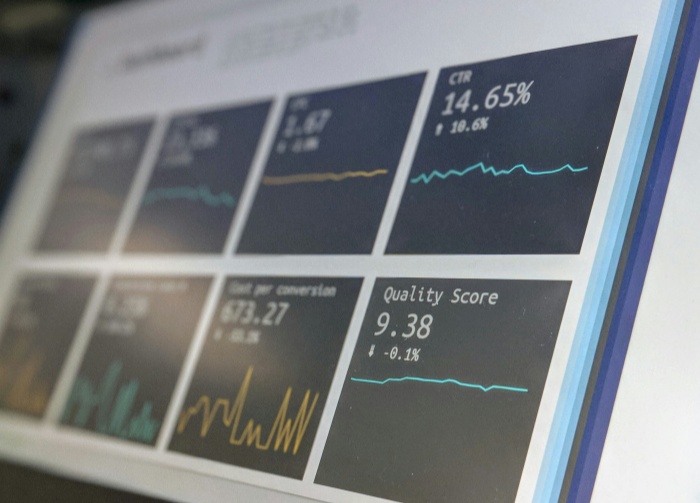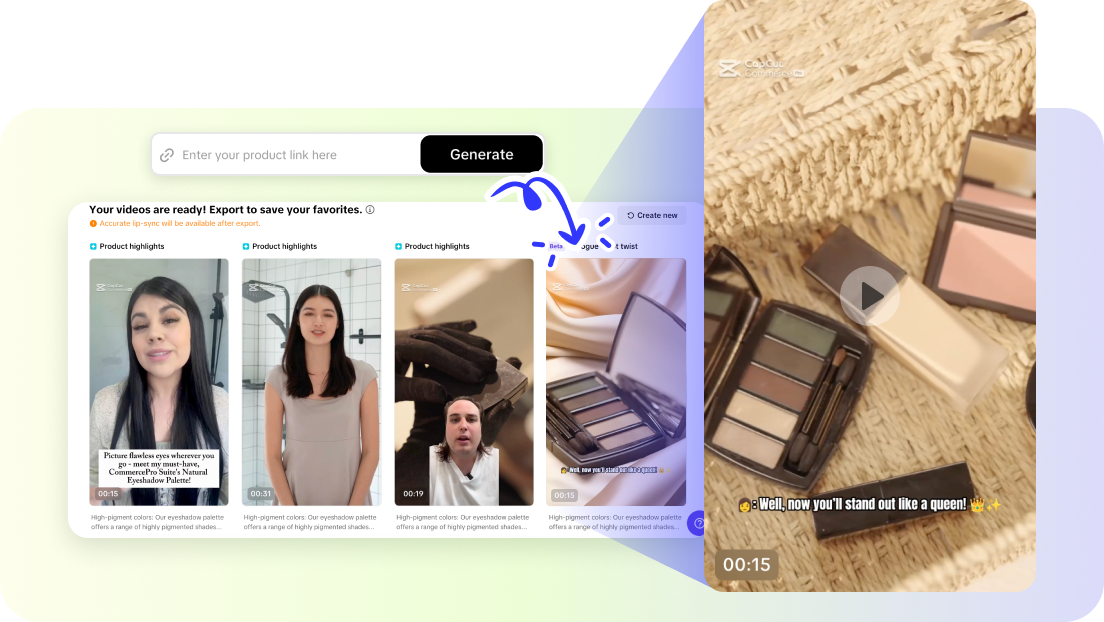AI Content Creation: GPT-4 Turbo vs Claude 2 Comparison
In the wake of OpenAI's DevDay developer conference in San Francisco, a buzz surrounds the AI community. OpenAI's announcement of new products and changes has set the stage for a deeper look into the evolving landscape of AI models. Among the most intriguing developments are the advancements in large language models (LLMs), particularly the comparison between GPT-4 Turbo and Claude 2. These two models represent the cutting edge of AI technology, each with its unique strengths and applications.
Comparison between GPT-4 Turbo and Claude 2:

Summary of Different Use Cases for GPT-4 Turbo and Claude 2:
GPT-4 Turbo: Ideal for use cases requiring extensive information processing, generation of longer and more complex content, and tasks that demand high precision and adherence to complex instructions. Suitable for applications where engaging, original, and SEO-optimized content is crucial. Less focus on AI safety and transparency may make it more suitable for environments where cutting-edge capabilities are prioritized over these factors.
Claude 2: Best suited for applications where readability and safety are paramount. Its open development approach and focus on ethical AI make it ideal for use cases that require transparency and alignment with ethical principles. It's a good choice for content that targets a wider or younger audience due to its readability. It might be more cost-effective for smaller businesses or applications where the latest advancements in AI are not as critical.
Claude 2 is particularly suitable for generating content that requires the following attributes:
Readability: The document suggests that Claude 2 excels in creating content that is easy to read. This makes it ideal for audiences that prefer straightforward, simple language. This can include educational material for younger students, content aimed at non-native English speakers, or any audience that benefits from clear, uncomplicated language.
Safety and Ethical Considerations: Given its focus on AI safety and ethical considerations, Claude 2 is well-suited for generating content in sensitive areas. This could include topics where the tone needs to be carefully managed to avoid misinformation, bias, or offensive material.
General Audience Engagement: While Claude 2 may not produce as engaging content as GPT-4 Turbo in terms of complexity and depth, it is likely to be more approachable for a general audience. This makes Claude 2 suitable for mainstream media, general interest blogs, and social media content that aims to reach a broad audience.
Shorter Articles: Since Claude 2 is geared towards producing shorter articles compared to GPT-4 Turbo, it is more suitable for platforms and contexts where brevity is valued, such as news snippets, brief educational pieces, and concise reports.
Kua.ai: Best of Both Worlds
Kua.ai stands out by integrating both GPT-4 Turbo and Claude 2 into its platform. This integration offers users unparalleled versatility. Whether you need a tool that can churn out large-scale, detailed content or one that provides safe, reliable, and human-like interaction, Kua.ai has got you covered.

For businesses and content creators, this means access to a tool that can adapt to a variety of writing needs. From generating SEO-friendly articles to crafting personalized responses in virtual assistants, Kua.ai's combination of GPT-4 Turbo and Claude 2 offers a comprehensive solution.
You can also find many AI tools on dang.ai.
Source:
GPT-4 Turbo Vs Claude 2: The Ultimate AI Showdown
GPT-4 Turbo vs Claude 2 – LLM’s compared
GPT-4 Turbo vs Claude 2 – LLM’s Compared (2023)
Join 200,000+ Sellers Growing with Kua.ai
You may also interested...

5 Benefits of Creating Beauty Photos and Makeup Close-Ups with AI

Why Automation Is the Backbone of Effective MarTech Strategies














